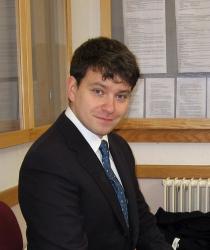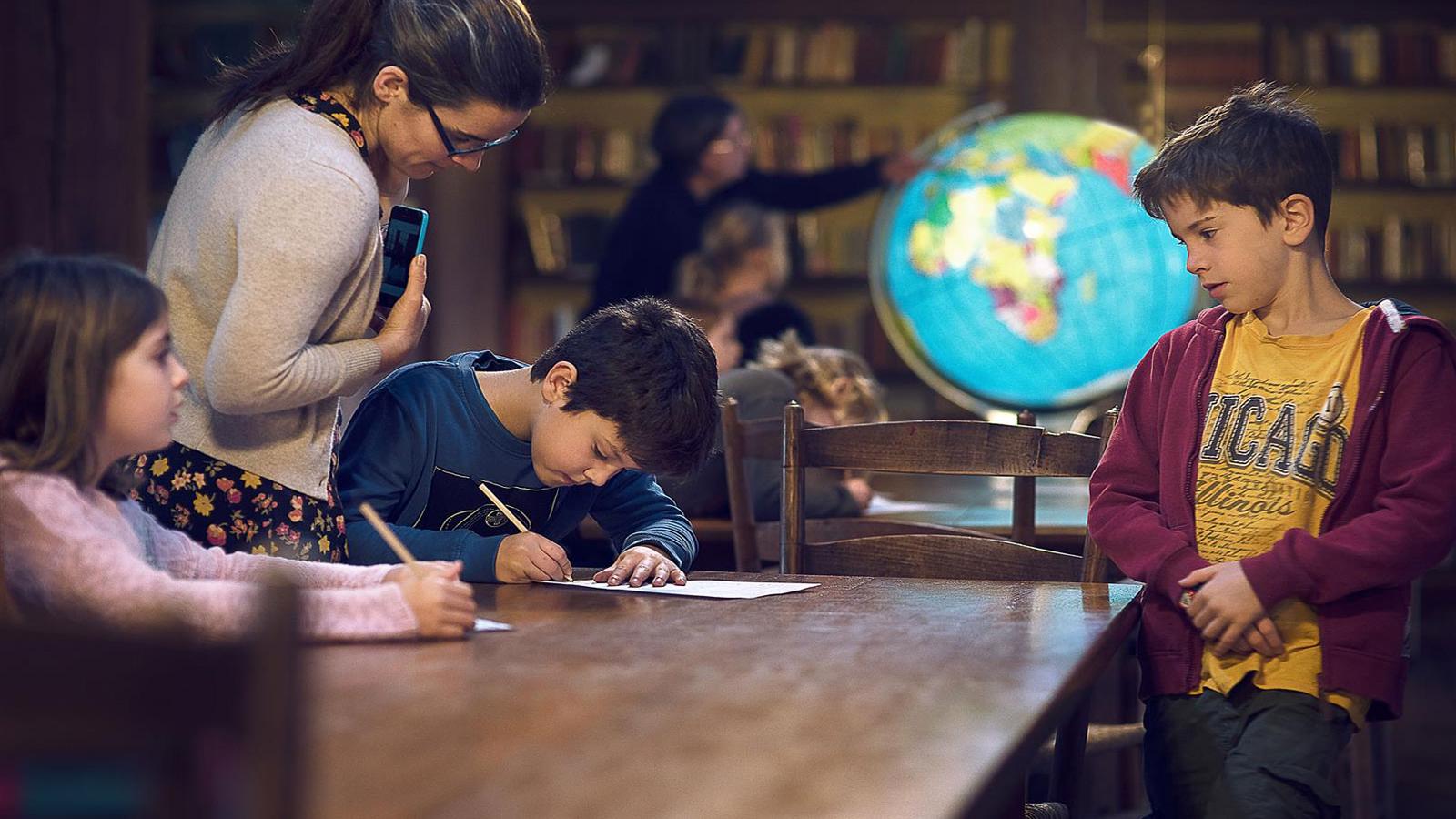
It’s not an easy situation for a boy barely into his teens – you’ve done all your schooling in Moscow and suddenly, you’re whisked away to the leafy surroundings of Steep and a school where everyone else is thoroughly conversant with the English language.
Such was the difficulty that faced Alexei Yavlinsky when he arrived at Bedales in 1994. “It was immediately clear that there was indeed a significant language barrier,” Alexei reflects. “Up until that point, most of my English vocabulary had come from subtitled Arnold Schwarzenegger films! The school decided to take the risk and accept me on condition that I took a few short external English courses. That brought me up to speed somewhat but what really helped was the small circle of close friends that I built up immediately after I arrived. They understood my situation very well and helped me tremendously with the language and the English cultural norms that were so unfamiliar to me at the time. I remember particularly fondly the tireless efforts of Arthur Browne, Owen Thomas and the late Eion Murdock, who would politely correct me whenever I slipped up. I may have been the only kid in this situation but I never felt singled out by any of the other children because of it.”
As a small child in Russia, Alexei had always been interested in communication devices, whether they were radios, games consoles or personal computers, and it was to the sciences that he naturally gravitated at Bedales. “Of course, in the USSR and post-Soviet Russia we had very few computing devices of any description so my first exposure to a proper computer was at Bedales,” he explains. “I remember particularly fondly how John Fothergill (our then head of IT) helped me learn how to program in the language called Turbo Pascal; this was certainly not required academically in Block 3 and was an entirely extra-curricular endeavour. Although Bedales is traditionally thought of as an art school, maths was exceptionally strong under Dennis Archer, whom I was very lucky to have as both my form tutor and my A Level maths teacher. His lessons shaped my way of thinking about mathematical problems. I would also say that although I wasn’t much of an artist while at Bedales, seeing so much creative activity around me later inspired me to break a few rules and to experiment in my subject of choice at university and ultimately during my PhD. Art can also be a way of capturing the essence of something while filtering out small details and I would guess that this can be a very useful skill in any kind of research, whether in the humanities or in the sciences.”
By his own admission neither a natural sportsman nor a musician (“my contemporaries would tell you that as well!”), Alexei nevertheless played a full part in a wide range of the activities beyond the school timetable for which Bedales is so justly renowned. “I tried quite a bit of everything but one of my fondest memories is learning Japanese with Akiko Tobitani,” he recalls. “I was completely useless at the language itself but had enormous fun in her calligraphy classes! I also enjoyed helping to organise whole school dance events, which included setting up sound systems and putting together very loud playlists.”
Arriving at Southampton University to study computer science, Alexei’s professional path was now much clearer. In common with a number of Bedalians, he also found that his university contemporaries were only just beginning to experience the sort of freedom of thought and action that he had taken for granted at school: “The first year of university did feel like a step backwards in terms of maturity,” he concedes. “Putting traffic cones on statues at night was all the rage on campus but it obviously wouldn’t be thrilling or novel for anyone who had been to Bedales. This was disappointing, of course, but it allowed me to throw myself into work and focus on the next steps fairly early on, which helped me to secure two consecutive software engineering internships in Silicon Valley and to win a scholarship for the PhD programme at Imperial College, London.”
Alexei’s PhD has led him to some remarkable achievements within his field, although he modestly suggests that the impact of much of his work “remains to be validated”. At Imperial, his work on content-based image search gained a significant number of citations from the research community and he subsequently worked as a consultant to a number of novel projects, including prototyping, developing and testing a complete printed image recognition system for the iPhone.
The best, however, was yet to come. After nearly two years of entirely independent development work, Alexei launched a beta-version of Memantic, a vast search engine designed to help medical professionals in their diagnostic work by mining 25 million medical publications from the last 100 years to uncover important relationships between medical concepts and by visualising these relationships concisely. Alexei remains cautious about this astounding piece of inventiveness: “I feel that I am at the very start of the journey in trying to make this medical search engine useful for doctors and there are many challenges that lie ahead. Let’s wait and see,” he begins. “I have always found the work intellectually stimulating but in the case of Memantic, there is also the hope that it will be useful for doctors who want to stay on top of the latest research in their chosen fields. That’s something that is increasingly hard to achieve using conventional tools, especially given the exponential growth in the available amount of biomedical literature. I feel particularly fortunate to be able to interact with medical professionals and to translate their ideas and suggestions into the features of the product that I am working on.”
Alexei readily traces a path from Bedales to the professional success that he is today. “The school definitely helped me to become who I am today professionally because it taught me how to set my own goals and how to think and act independently,” he observes. “My Bedales self would probably be surprised that I have been able to focus on individual endeavours for prolonged periods of time! I was quite easily distracted at school, to the dismay of many of my teachers, some of whom had to put in a lot of effort to help me overcome that problem.”
The proud possessor of a British passport today, Alexei still retains a strong attachment to his Russian heritage. “Having spent nearly three-quarters of my conscious life in this country, and in particular, having lived through my adolescence at an English school, I feel a very strong affinity and bond to England and the UK as a whole,” he says. “However, the language in which my parents brought me up will always stay with me; it enables me to understand Russian society and culture at large and the changes that Russia is currently undergoing.”
Alexei Yavlinsky was interviewed by James Fairweather in June 2015.

